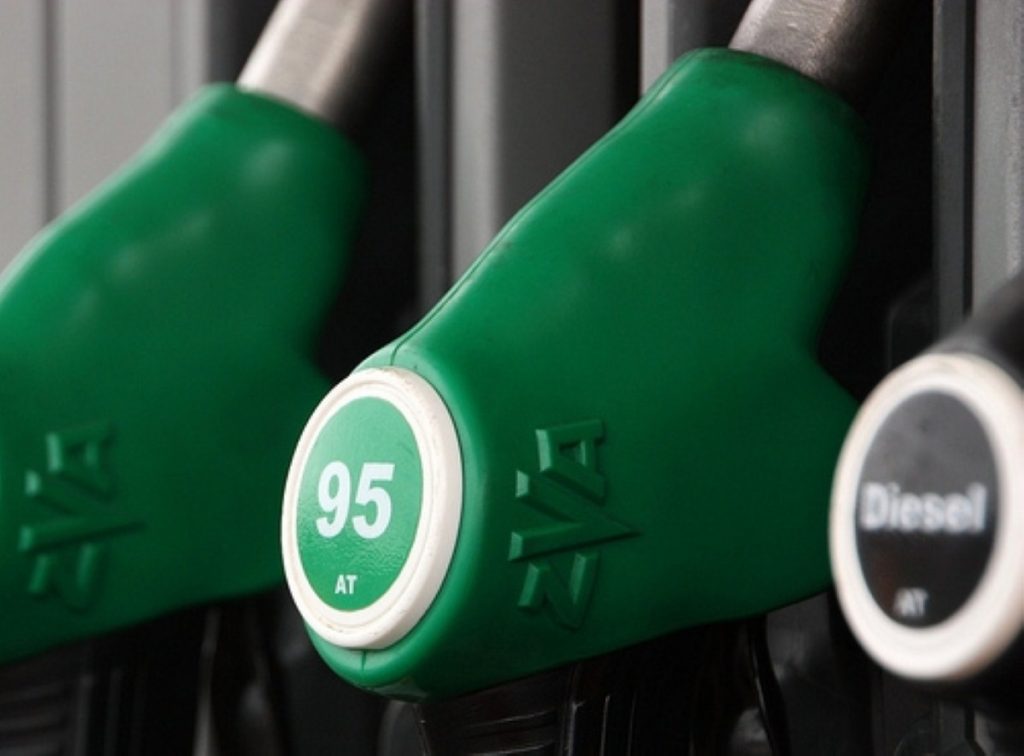Govt bids to avoid fuel strike
By Oliver Hotham
The government is seeking to avoid a potential fuel strike during Easter, amid claims that its statements are causing panic.
Later today the prime minister will meet with Downing Street's national emergency committee, Cobra, to discuss measures to minimise the effect of a strike.
Such measures could include the use of military drivers, the hiring of foreign drivers and the setting up of fuel stockpiles.


But ministers have been accused of instigating "panic-buying" by suggesting that drivers should plan ahead if strikes are to take place.
Shadow transport secretary Maria Eagle told the Guardian newspaper: "Panic buying could lead to shortages even while there is still an opportunity to resolve this dispute."
"Instead of scaremongering, ministers should be focusing all of their efforts on getting both sides to negotiate to resolve the issues in dispute to avoid disruption to motorists and businesses."
No 10 insisted it had simply warned drivers about the possibility of disruption and had done so in a reasonable and "level headed" way.
Yesterday's announcement by Unite that fuel tank drivers could strike led to the government saying drivers should make "contingency plans".
Unite says it is striking for minimum standards for fuel tank drivers on pay, hours, holiday and redundancy.
In a letter to energy secretary Ed Davey, the union's assistant general secretary Diana Holland wrote: "Unite's aim is not industrial action. We have been tireless in seeking talks to avoid industrial action, but we have been frustrated at every turn.
She continued: "The government can help avoid confrontation by bringing to the table all the stakeholders in the downstream oil distribution sector – employers, oil companies, retailers and the trade union with an agreement to establish minimum standards in a timely fashion."
Conciliation service Acas says it is working to get all parties to try to negotiate a settlement.
Members of Unite supply 90% of British petrol stations.












